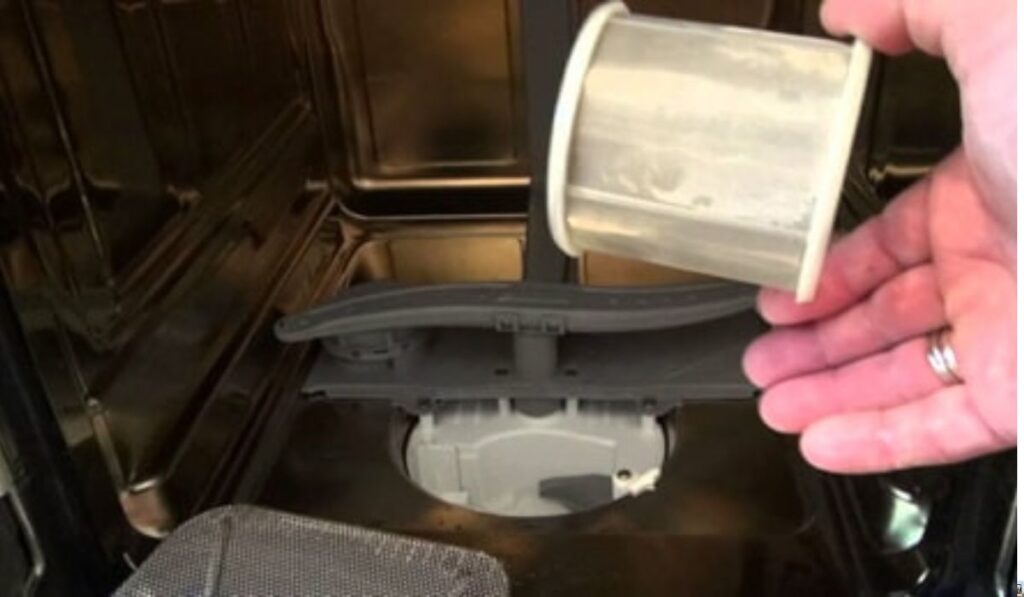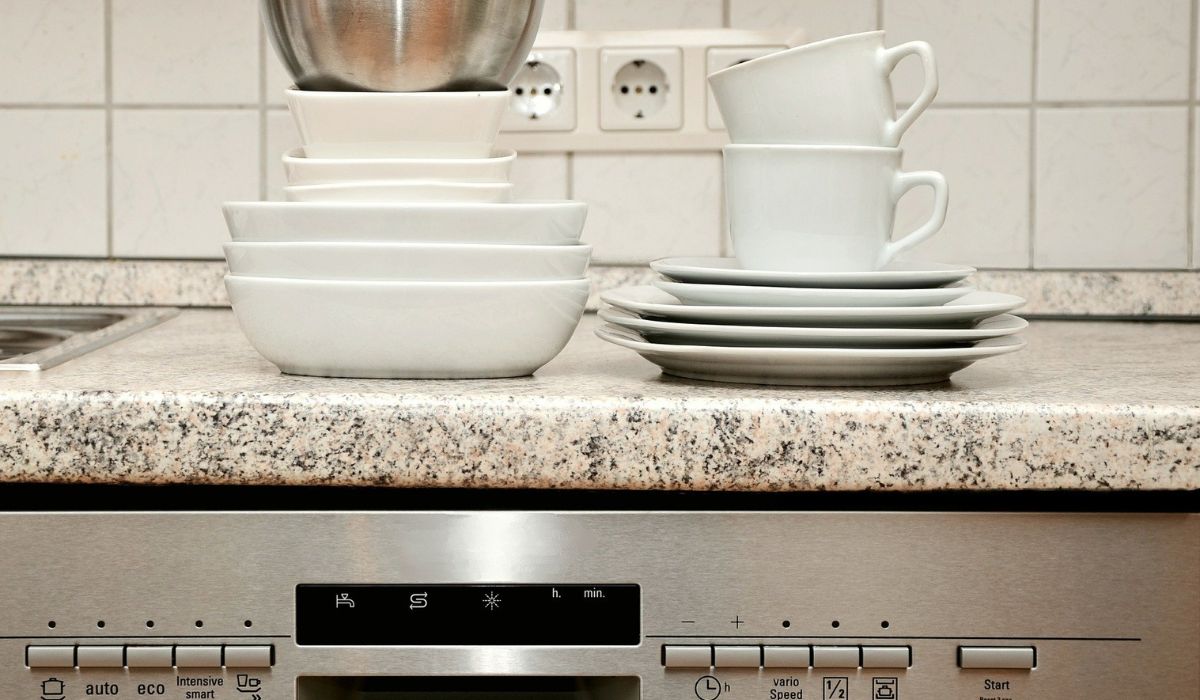Introduction
When it comes to household appliances, dishwashers are a true game-changer. They save us time and effort, making it easier to manage our daily chores. However, like any machine, dishwashers can sometimes run into problems. One common error code that Bosch dishwasher users often encounter is “H01.” If you’ve seen this code flash on your appliance, you might be wondering: What does H01 mean on my Bosch dishwasher?
In this article, we will explain what the H01 error code signifies, its common causes, and how you can troubleshoot and fix the problem easily.
Understanding the H01 Error Code
The “H01” code on Bosch dishwashers generally refers to a heating issue, specifically that the machine is failing to heat water to the required temperature during a wash cycle. When this error occurs, your dishwasher won’t function properly, leading to poor washing results or incomplete cycles. The heating element, thermostats, or wiring might need attention.
Common Causes of the H01 Error Code

To effectively resolve the H01 error, it’s essential to understand what might be causing the issue. Here are some common culprits:
- Faulty Heating Element: The heating element is responsible for warming the water in the dishwasher. If it fails, the H01 error can be triggered.
- Thermostat Issues: The thermostat monitors and regulates the water temperature. If it’s malfunctioning, it may report incorrect readings to the control board, causing the error.
- Wiring Problem: Damaged or loose wiring can disrupt the flow of electricity to the heating element or thermostat. This can lead to a failure to heat the water.
- Control Board Malfunction: The control board manages the communication between components of the dishwasher. If it is faulty, it may not send proper signals to the heating element.
- Water Supply Issues: Insufficient water supply can also cause heating problems. If the dishwasher is not getting enough water, it may not reach the required temperature.
- Faulty Sensor: Some Bosch dishwashers have sensors that monitor water temperature. If these sensors are not working correctly, they can trigger the H01 error.
Troubleshooting the H01 Error Code
Now that we know what the H01 error code means and its common causes, let’s dive into some simple troubleshooting steps. Here’s how you can attempt to resolve the issue:
Restart the Dishwasher
Before diving into more involved troubleshooting, a simple restart can sometimes resolve the problem. Here’s how to do it:
- Open the dishwasher door.
- Turn off the appliance using the power button.
- Wait for about 5-10 minutes.
- Turn the dishwasher back on and check for the error code.
Check the Heating Element
If the error persists, the heating element might be the issue. You can visually inspect it:
- Unplug the dishwasher or switch off the circuit breaker.
- Remove the lower spray arm and unscrew any relevant parts to access the heating element.
- Check for signs of damage, burns, or wear.
- If damaged, consider replacing the heating element. You may want to consult the user manual for specific instructions.
Test the Thermostat
If the heating element looks fine, the thermostat may be the next component to check:
- Locate the thermostat, usually found near the heating element.
- Test its functionality using a multimeter. If it reads outside the expected range (refer to your dishwasher’s manual for specifics), it may need replacement.
Inspect Wiring Connections
Ensure that the wiring connecting the heating element and thermostat is intact:
- Visually inspect for any visible signs of wear or damage.
- Check for loose connections; if you find any, reconnect them securely.
- If you’re not comfortable handling wires, it’s best to call a technician.
Check the Control Board
The control board is another potential suspect if the previous components are functioning well:
- Inspect for burnt components or damaged traces.
- If you see any issues, the control board may need replacement. If you’re unsure, contacting a professional is advisable.
Ensure Adequate Water Supply
Finally, make sure your dishwasher is getting enough water:
- Check the water supply valve to make sure it is fully open.
- Inspect the water inlet filter for clogs. Clean or replace it if necessary.
- Verify that the hose is not kinked or blocked.
When to Call for Professional Help
After trying the above troubleshooting steps, if the H01 error code remains or if you’re not comfortable performing any of these tasks, it’s time to call a professional technician. Sometimes, the problem can be more complex, and an expert will have the necessary tools and knowledge to diagnose and fix the issue.
Preventive Measures
To avoid running into the H01 error code in the future, consider the following preventive measures:
- Regular Maintenance: Regularly clean your dishwasher, including spray arms and filters, to prevent clogs and build-up.
- Check Water Supply: Ensure that there are no issues with your water supply line, and check that the inlet valve is functioning as expected.
- Safe Usage: Avoid placing items that may block the heating element or disrupt the operation of the dishwasher.
- Schedule Regular Inspections: Consider having your dishwasher inspected by a professional every couple of years for preventive maintenance.
Conclusion
Seeing the “H01” error code on your Bosch dishwasher can be frustrating, but understanding its meaning and potential causes can simplify the troubleshooting process. By following the steps outlined in this guide, you can often identify and fix the issue yourself. However, if you’re ever in doubt or uncomfortable with any repairs, it’s always best to seek professional assistance. Keeping your dishwasher in good working order will not only save you stress but also extend its lifespan, ensuring that it continues to serve you well for years to come.









































